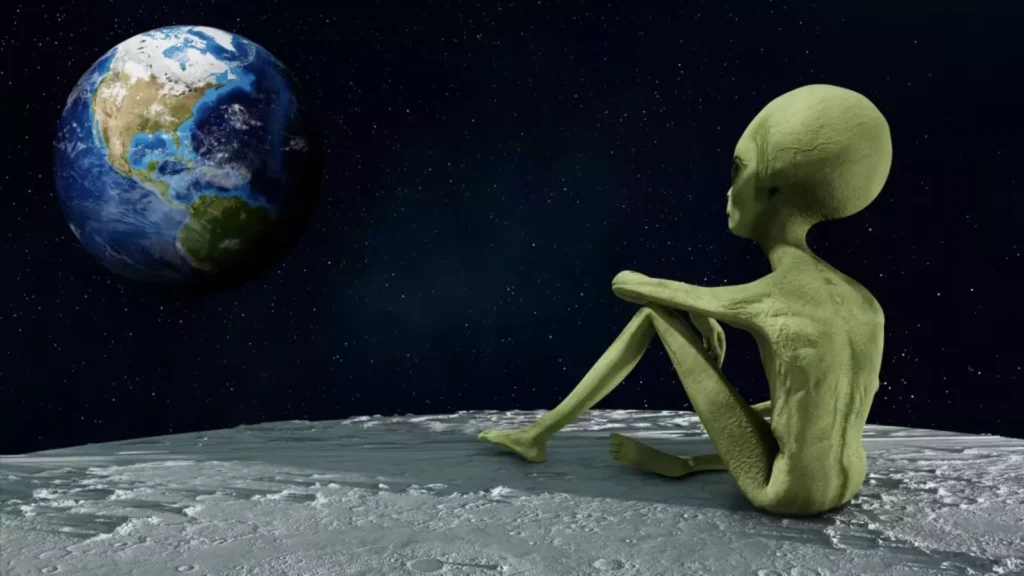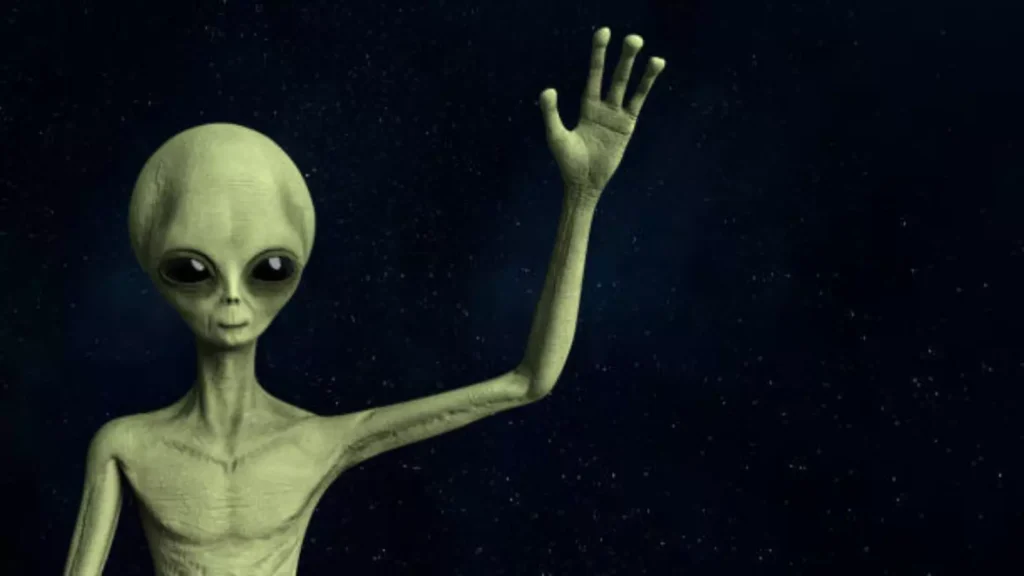Unlocking the Cosmic Enigma: Exploring the Fermi Paradox and Our Place in the Universe

Unlocking the Cosmic Enigma Is humanity the sole inhabitant of the cosmos? This inquiry offers scant solace, as the potential answers are profoundly unsettling. The most comforting notion, once all the possibilities are explored, is that we are not alone. Supposed “whistleblowers” have recently asserted that extraterrestrials have been colliding their spacecraft into remote corners of our planet for several decades. Allegedly, federal authorities have been recovering these remnants and concealing the evidence.
This concept holds appeal because it implies that we are still contenders in the competition for the most dominant sentient beings in the galaxy. While we haven’t yet mastered interstellar travel, the entities who have achieved it still rely on technology susceptible to disruption by a speck of dust. With a concentrated effort and a bit of reverse engineering, we could potentially establish our own interstellar fleet before any extraterrestrial civilizations decide to challenge us seriously. In the meantime, we always have the reassuring presence of Will Smith.
Regrettably, I find it challenging to place faith in any of these scenarios. Judging by the extensive time it took us to reach the moon and send a few probes past Uranus, it’s reasonable to assume that any extraterrestrial visitors to Earth possess technology far beyond our comprehension, much like a washing machine is to a dog. This leaves us with two stark possibilities: either we are the sole reasonably intelligent beings in the vast expanse of space, or super-intelligent beings exist, but they remain silent for motives that, I must stress, are mostly disconcerting.
This quandary is known as the Fermi paradox, and if you’re unfamiliar with it, brace yourself for a disheartening revelation. In essence, it goes like this: the universe contains countless billions of stars, and a substantial portion of them have planets resembling Earth in their orbits. Even if one assumes that the odds of intelligent life spontaneously evolving on one of these planets are exceedingly low, and even if these planets are remarkably distant, the universe’s age and the staggering number of planets suggest there should be a few highly advanced alien societies by now, possessing the technology to pay us a visit.
The fact that they haven’t may imply that we are beneath their notice, incapable of comprehending their existence, or perhaps we are subjects in some bizarre alien exhibition. Alternatively, we might be flying under the radar of one or more malevolent super-civilizations, in which case our jovial greetings and humorous sketches dispatched into the cosmos are akin to shouting “Hellooo?” on the edge of a dense jungle.
Nevertheless, most of these possibilities are more preferable than the second option: that some catastrophic event, often referred to as the Great Filter, regularly befalls these civilizations, annihilating them before they can venture to our neck of the cosmic woods.

This topic merits contemplation, particularly now, as many of our actions seem rather… Filter-esque. There’s a compelling argument to be made that no society can progress beyond its early stages without relying on fossil fuels. If we exhaust these resources without transitioning to a sustainable alternative, our dreams of interstellar exploration may wither. Similarly, it’s conceivable that no galactic civilization has ever mastered space travel without precipitating climate changes that proved fatal. Nuclear arsenals, biological warfare, the perpetual inability to reach consensus on collective “good”: these may all be challenges insurmountable by any society. And then there’s the enigma of AI – depending on which tech luminary you consult, it’s either poised to unlock unimaginable scientific progress or render us into an indistinguishable pulp.
Personally, I’ve arrived at a solution to this conundrum: cease to be overly concerned about it. In cosmic terms, our existence is but a fleeting moment. The likelihood of a galactic super-predator eradicating us all during my 80-year lifespan is slim. And even if it were to transpire, we’d probably remain blissfully unaware until it unfolded. Perhaps we are utterly alone in the universe, save for a few humble bacteria – a notion both astonishing and extraordinary but ultimately acceptable. Alternatively, super-intelligent AI may indeed be attainable, ushering in a new era of enlightenment. The absence of any other civilizations’ rogue AI converting us into their equivalent of paperclips thus far suggests that everything might turn out just fine. Until then, “Men in Black” remains a timeless classic.
| Follow us | |
| Also Read | Latest News |
Latest Post
- Unlocking the Resilience: Jio Financial Services Bounces Back After Five Days of Lower Circuit
- Unlocking the Cosmic Enigma: Exploring the Fermi Paradox and Our Place in the Universe
- Debunking the Controversy: The Truth Behind Indian PM Modi South African Visit
- ISRO • Moon landing • India Unlocking the Secrets of the Moon: Chandrayaan 3’s Epic Lunar Landing Journey
- Medical Council of India Screening Test • 2023 • National Board of Exam
- Border Security: Dramatic Arrest of Pakistani Smugglers with 29 Kilos of Heroin